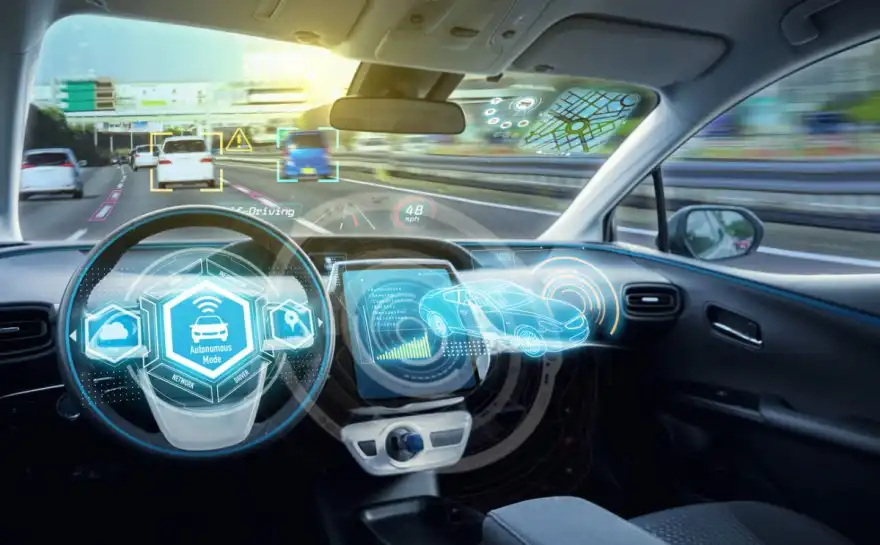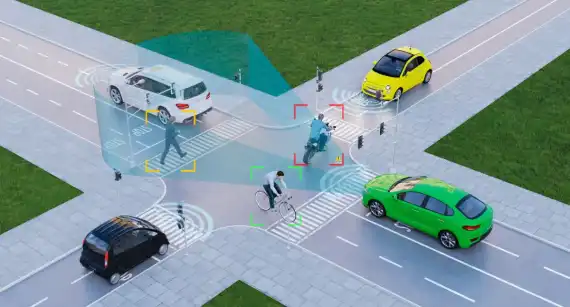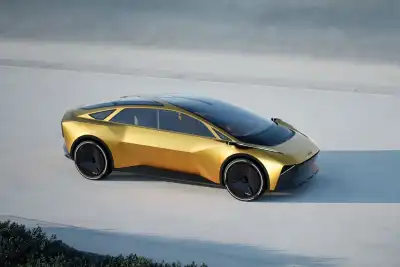
The automotive industry's ultimate aim is to have cars drive themselves, yet achieving this goal is far from straightforward.
Self-driving cars represent a groundbreaking advancement in automotive history. However, the realisation of vehicles operating without human intervention is taking longer than initially anticipated. Recent forecasts suggest that a fully autonomous car won't hit the roads until around 2035.
While there's unanimous agreement that autonomous vehicles are the future, there's significant debate surrounding the timeline.
Navigating Complexity
Despite the enthusiasm from both the automotive industry and consumers, the journey towards full autonomy is loaded with complexities. Progress in self-driving systems hinges not just on technological breakthroughs but also on regulatory and societal acceptance. Numerous critical factors such as safety, reliability, infrastructure adjustments, and legal frameworks must be meticulously addressed before autonomous vehicles gain broad acceptance.
Cars currently in production are likely to remain on the roads for at least two decades or more. While these vehicles incorporate some degree of automation, they aren't fully autonomous. Consequently, the transition to entirely autonomous cars will be gradual, and human drivers will coexist with self-driving vehicles for an extended period, presenting a host of yet-to-be-discovered challenges.

Pioneering Innovations
Despite the hurdles, researchers are harnessing artificial intelligence (AI) to speed up the development of driverless vehicles. They're pioneering novel approaches utilising reinforcement learning coupled with neural networks to enhance the performance and safety of self-driving cars. These attempts reflect a broader trend in the automotive sector where AI and machine learning technologies are increasingly driving innovation.
This way of thinking is echoed by the trends observed at CES 2024, highlighting the automotive industry's focus on sustainability and AI-driven technologies. Advanced features like lidar sensors, which utilise pulsed laser light to gauge distances, play a pivotal role in autonomous vehicle development.
Technological advancement stands as a cornerstone in the progression of self-driving systems. Whether through lidar, advanced driver-assistance systems (ADAS), or intelligent speed assistance (ISA), location technology remains necessary. The fusion of location data with AI allows cars to understand their surroundings, enabling informed decisions that bolster safety and efficiency on the road.
Adapting to Change
Despite ongoing innovations enhancing safety and efficiency, there's a relevant debate regarding the rollout of autonomous vehicles into traffic and whether they should possess distinct features. Unlike traditional automobiles centred on driving, self-driving cars prioritise passenger experience, require new design paradigms.
For instance, with no requirement for a driver, the interior space of the car can be reimagined to improve comfort, safety, and convenience. While some advocate for self-driving cars to resemble conventional vehicles, others argue that their distinct functionality warrants a unique design. Only time will elucidate the preferred approach.
Driving Towards the Future
With continuous strides in self-driving technology and the incorporation of AI and other in-vehicle innovations, the concept of driverless cars transitioning from theory to reality is gaining traction. While autonomous vehicles might not yet dominate today's roads, they are undoubtedly on the horizon.



